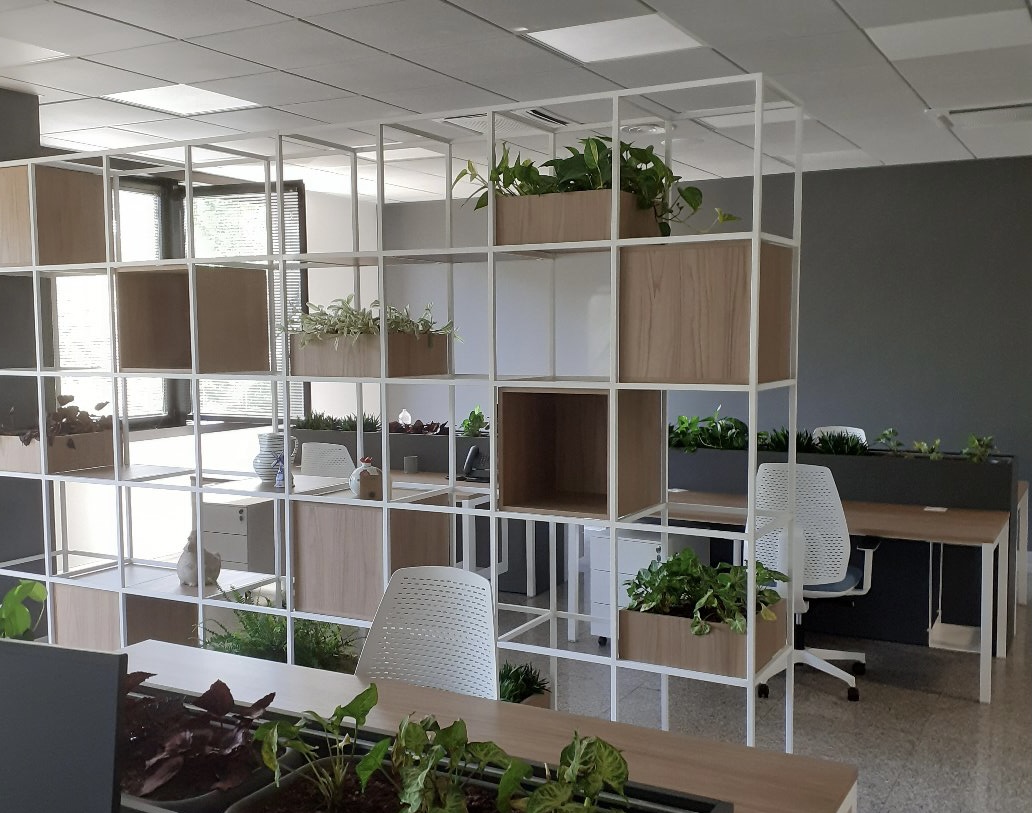April 2nd marked the end of the era of remote working in Italy and the return to the office, if not 100%, at least in a hybrid mode.
Hybrid work, which involves a combination of office and remote work, has emerged as one of the major trends in the post-pandemic work world. Many employees appreciate the flexibility offered by working from home, but at the same time recognize the value of face-to-face interactions and collaboration in the office. As a result, many expect a work mode that allows them to balance both needs.
A research presented during Cisco Live in Amsterdam revealed that the majority of business leaders and employees favor a hybrid work model. However, it also emerges that workspaces are not yet ready to adequately support the needs of this new work mode.
The research shows that:
- 80% of business leaders and employees desire a hybrid work model;
- 60% of employees believe that the office is not yet ready for hybrid work;
- the main shortcomings of current workspaces include lack of flexibility, adequate technology, and dedicated collaboration areas.
What does this mean for the future of work? Hybrid work is here to stay, but companies must invest in redesigning workspaces to make them more flexible, technologically advanced, and collaboration-friendly.
It is clear that the future of work will be characterized by greater flexibility and adaptability. Companies must be ready to face the challenges and adapt to the ongoing changes in how we work. Investing in flexible and functional workspaces is essential to ensure the success and satisfaction of employees in the new post-pandemic scenario.
In this context, Sitlosophy plays a fundamental role in providing innovative solutions for the workspaces of the future. Sitlosophy specializes in the production of office chairs and contract seating designed to promote comfort and productivity, regardless of the working environment. Sitlosophy solutions are ergonomic, versatile, and ideal for supporting hybrid work, offering comfort and functionality both in the office and remotely.
So, what should chairs for work, whether in the office or at home, be like?
- Ergonomic and comfortable: to ensure the maximum well-being of workers, even during long working sessions.
- Flexible and adaptable: to meet the needs of different work styles and activities.
- Equipped with advanced technology: to seamlessly integrate technology into workspaces.
- Designed for collaboration: to facilitate communication and interaction among teams.
With Sitlosophy, companies can create efficient, comfortable, and stimulating workspaces for all employees. Click here for our solutions designed for the work spaces.













